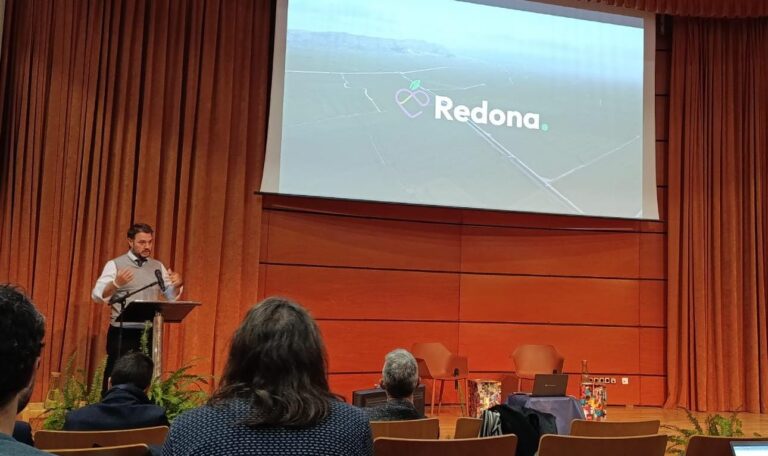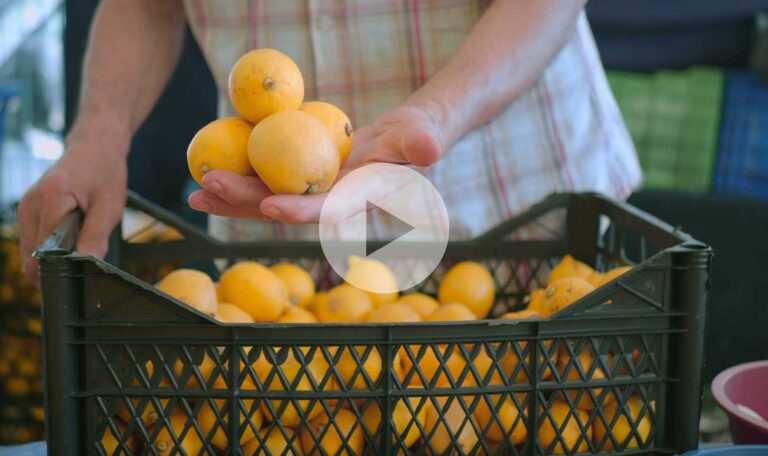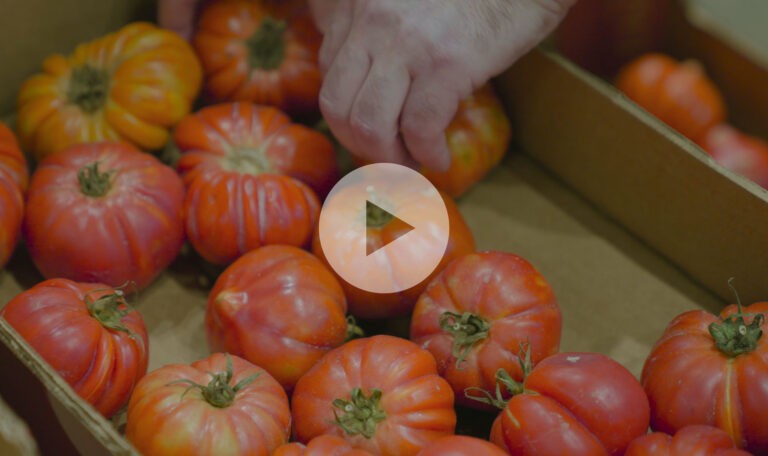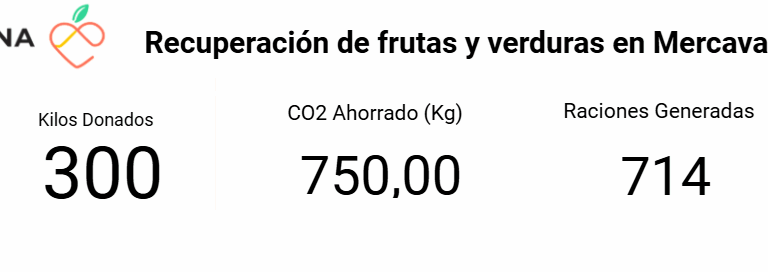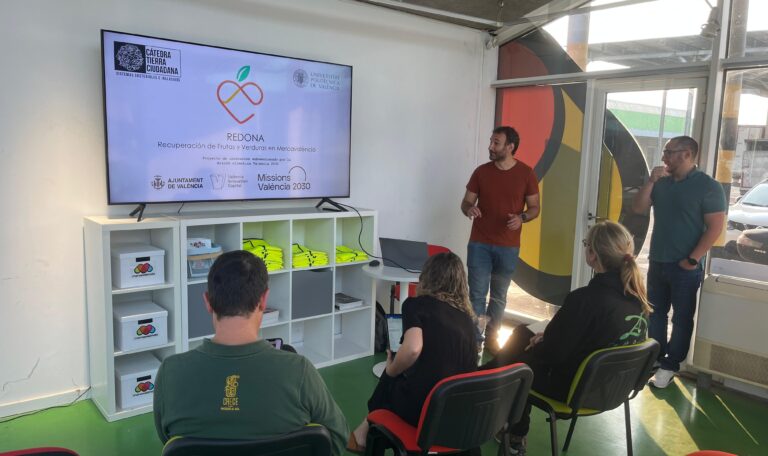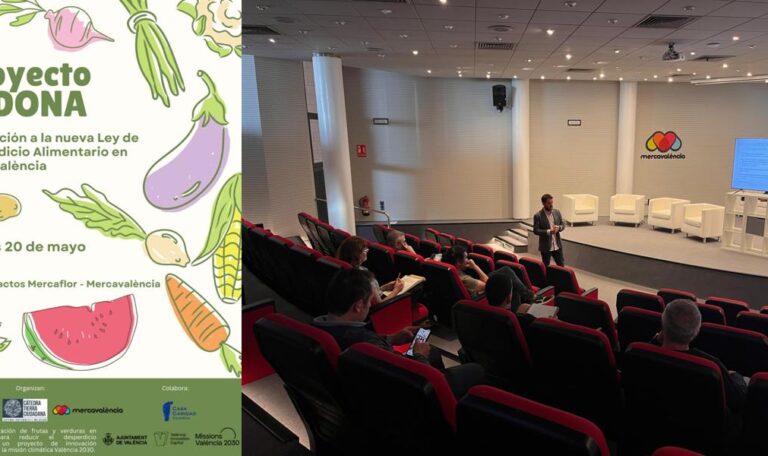The digital platform Redona, jointly developed by the Universitat Politècnica de València (UPV) and Mercavalència, took part in the second plenary session of Foro València Sostenible, held last Thursday, 4 December 2025, at the Jardí Botànic de la Universitat de València. The meeting brought together more than fifty public, private, social, and academic entities committed to the city’s sustainable transition. During the event, a total of nine transformative projects were presented, including Redona, alongside initiatives in areas such as circular waste management, urban renaturalisation, sustainable mobility, cooperative housing, and the decarbonisation of the city. Redona’s presence at this forum reinforces its role as a benchmark in social and environmental innovation and highlights the importance of integrating digital solutions into urban sustainability and circular economy policies.
